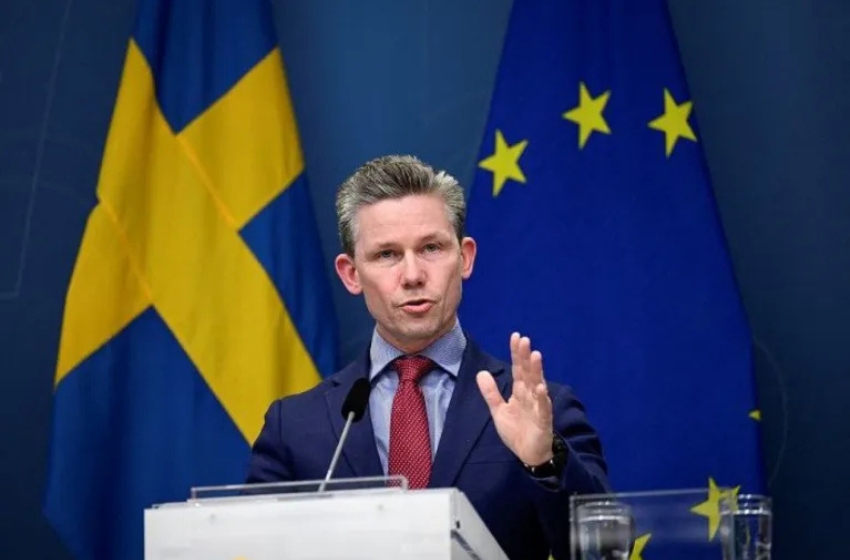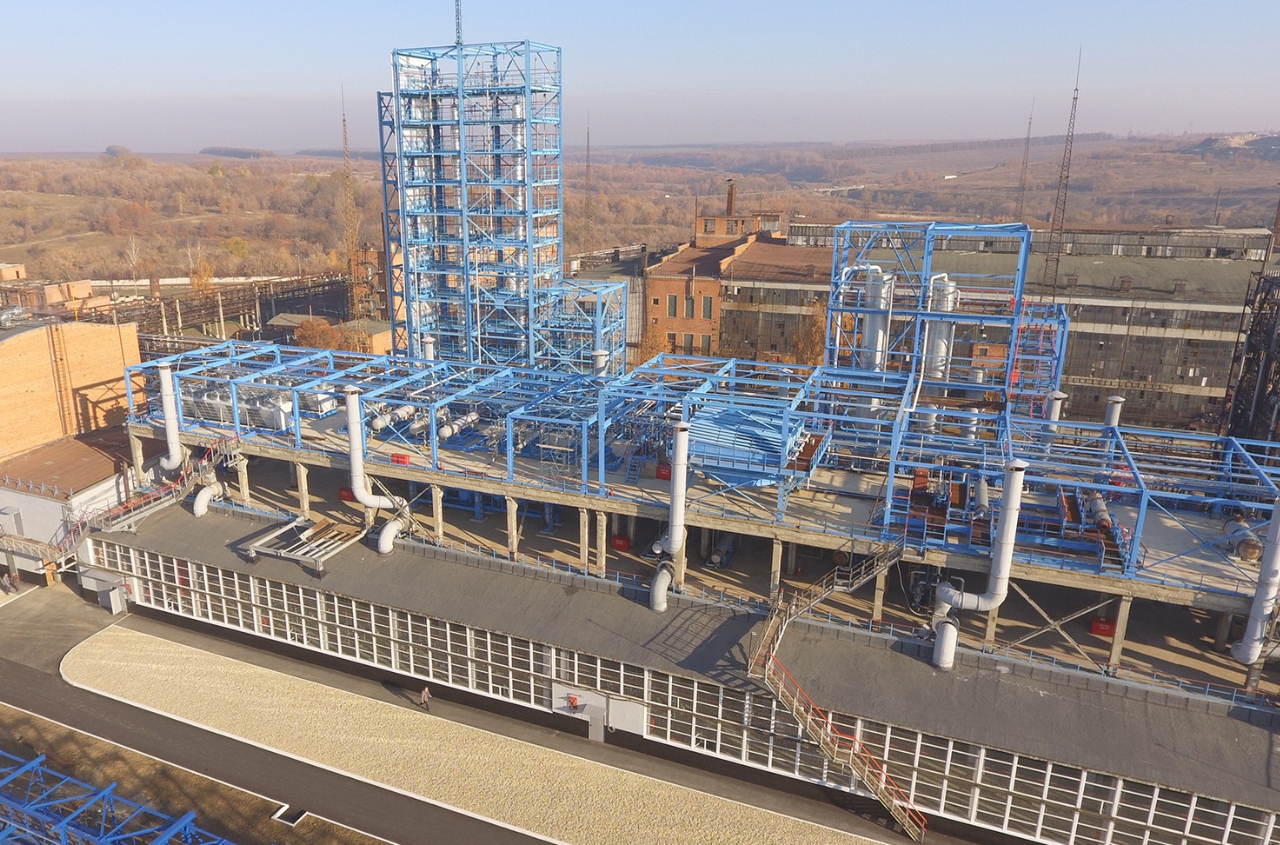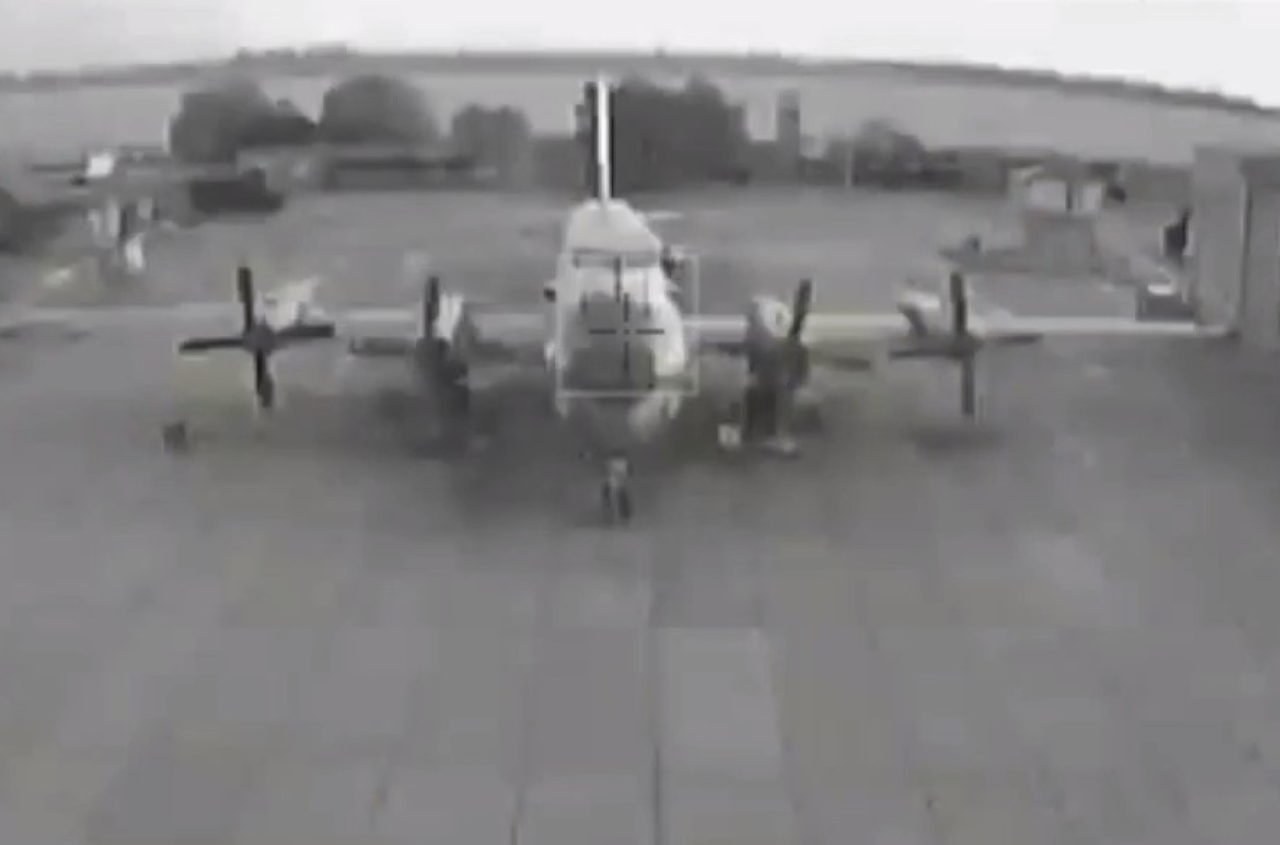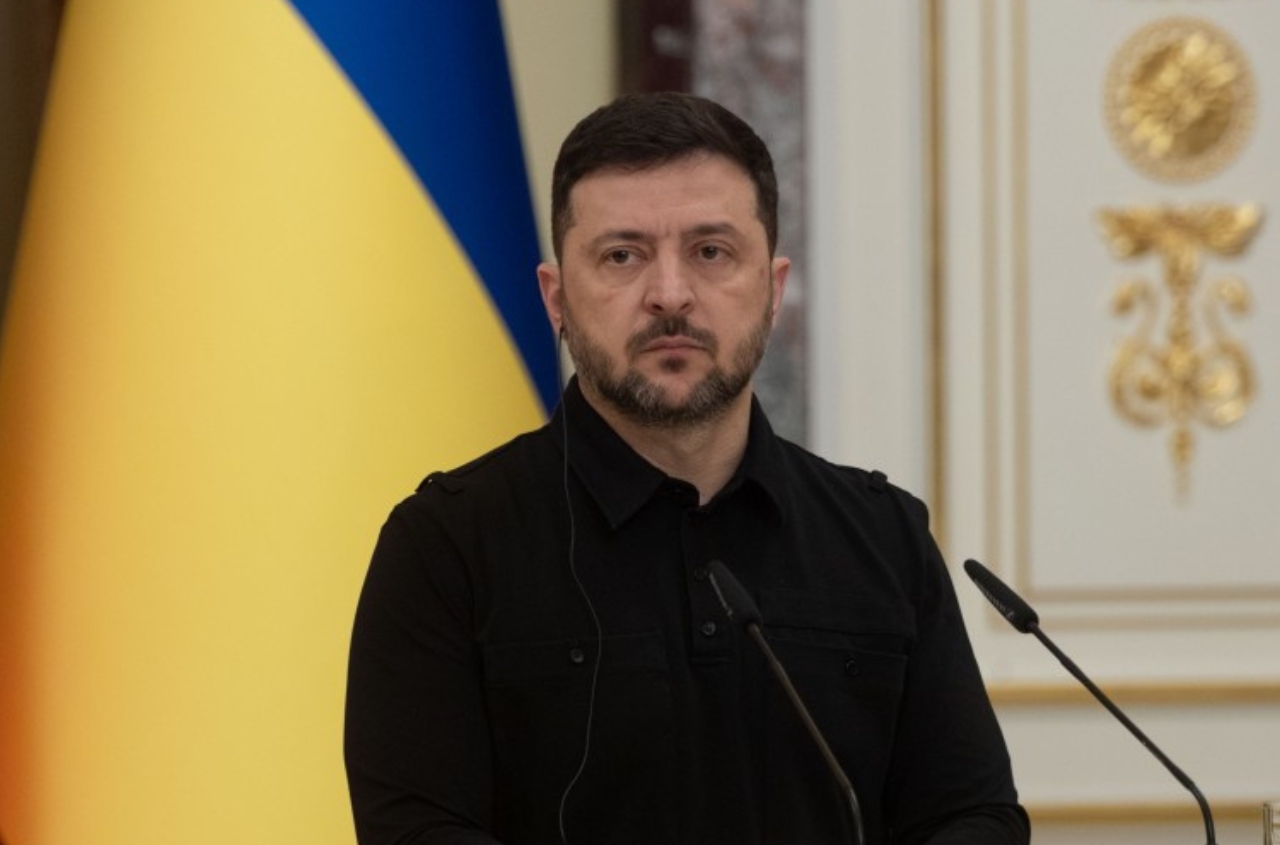Sweden is developing a new strategy for Europe’s defense, shifting from a policy of neutrality to active military readiness. This process reflects growing awareness among European countries of the need to prepare for a potential war with Russia and respond decisively to Kremlin hybrid attacks, according to the Robert Lansing Institute.
Swedish Defense Minister Pål Jonson told RND in an interview that the escalation of Russian hybrid operations requires Europe to enter a state of strategic mobilization. According to him, maintaining peace requires being ready for war—not only militarily but also psychologically. He emphasized that Russia is willing to take political and military risks, and recent cases of NATO airspace violations by drones and aircraft confirm this.
Jonson noted that Sweden views these threats as an incentive to strengthen its own defense and enhance cooperation within NATO. The minister stressed that Russia must understand that any provocation will be met with a response.
According to Jonson, 90% of Swedes support increased defense spending and continued aid to Ukraine. He stated that Sweden’s proximity to Russia has taught its people that peace is not a given, but something that must be defended every day. Jonson called on European allies to increase weapons supplies to Kyiv and tighten sanctions on Moscow, including measures targeting Russia’s energy sector and “shadow fleet.” He also proposed using frozen Russian assets to fund Ukraine’s defense, emphasizing that only then will the Kremlin understand that victory is impossible.

RLI notes that Sweden’s stance reflects a new European strategy—recognizing that Russia is already conducting a hybrid war against the West. Moscow employs cyberattacks, disinformation, energy blackmail, and air provocations to test NATO’s response. For Europe, this means the frontline extends not only through Ukraine but also through the West itself.
Since joining NATO, Sweden has quickly adapted to its new role, abandoning previous illusions of neutrality. Its approach is based on the principle that only strength and readiness can ensure lasting peace. Support for Ukraine has become part of this strategy—not merely a gesture of solidarity, but a contribution to Europe’s collective security.
In the summer of 2024, Sweden officially recognized Russia as its primary national security threat, describing the situation as the most dangerous since World War II. In 2025, the country recorded a spike in GPS disruptions over the Baltic Sea caused by Russian sources. These actions endangered civil aviation and shipping and were seen as elements of hybrid operations against Northern Europe.
Incidents involving unidentified drones over the Swedish Karlskrona archipelago and other European countries have forced Stockholm to invest in drone defense, while the European Union has accelerated the creation of a so-called “drone wall.” These measures highlight that Sweden is becoming one of the leaders of Europe’s new defense strategy—a strategy of determination, strength, and unity in the face of Russian aggression.




















